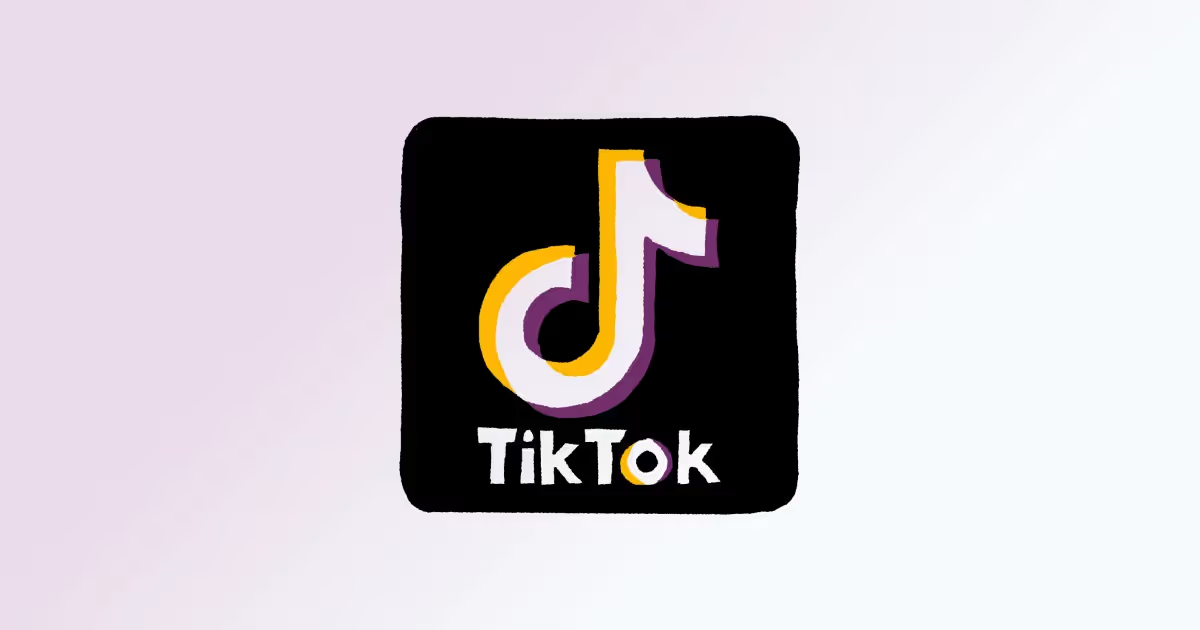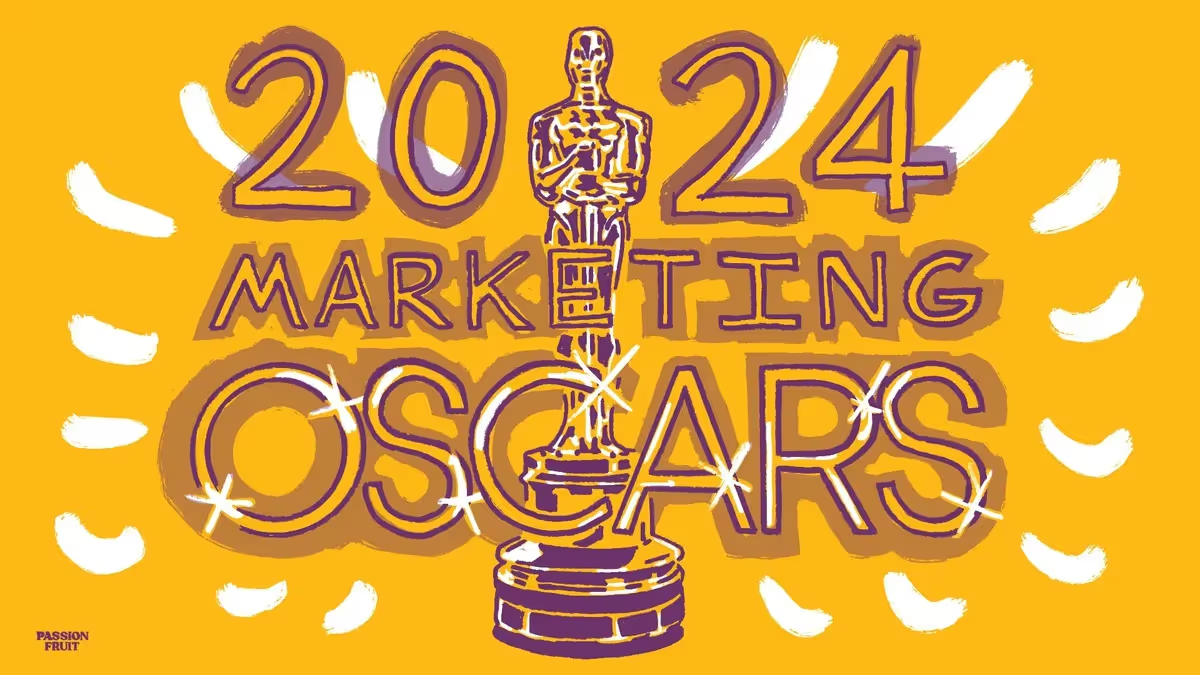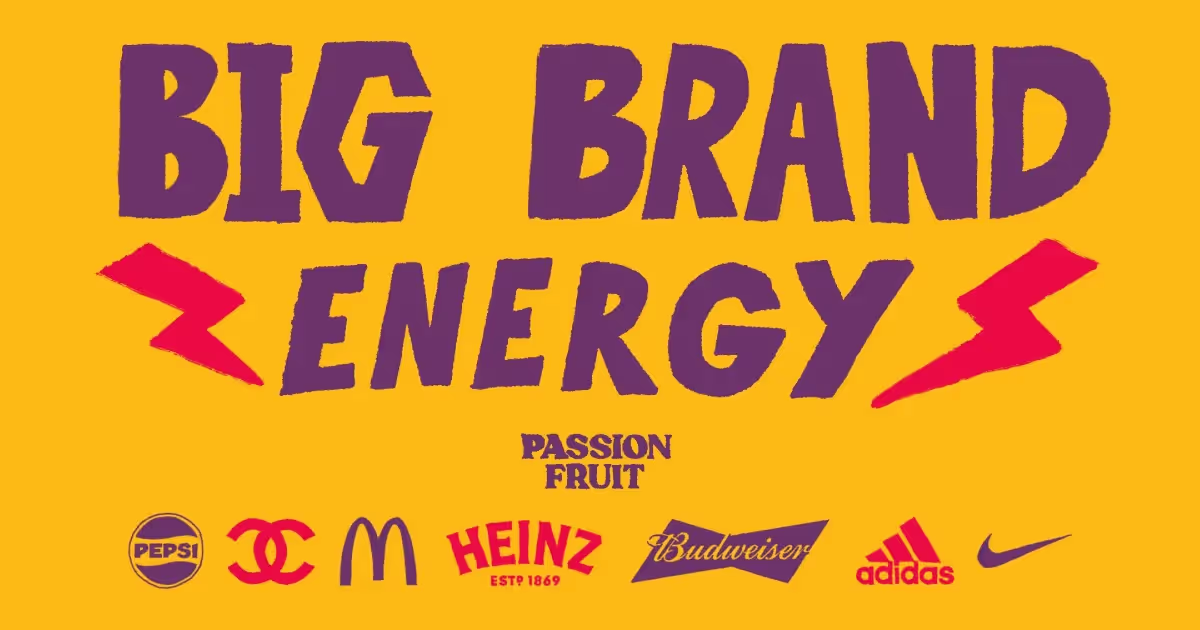The release of Adele’s latest single prompted a range of deep dives into the changing state of the music business. In one, Neil Shah, of the Wall Street Journal, noted that in the time since her last release in 2015, streaming subscriptions have risen from under 20% of U.S. recorded-music revenue, to now comprise nearly two-thirds of that overall pie.
This shift away from traditional “offline” album sales has arguably benefitted the consumer: with the full wealth of musical creation now available in a matter of clicks on services like Spotify and Apple Music. But the consumer’s gain has been the creator’s loss.
Just 13,400 music artists worlwide made over $50,000 in income last year, and although Spotify are quick to point out that this group has doubled in size since 2017, it still paints a picture of a two-tier system where acts like Adele rake in big bucks that average artists can only ever dream of.

That arrangement has left a bitter taste for many, but also a desire for a better way - therefore a ripe opportunity for technology businesses to attempt to redress the balance. These venture backed startups have an enormous opportunity to transform the future of music, but how should they try to scale and seize that chance?
Let’s meet the contenders
- OneOf - A new green NFT platform built specifically for the music community.
- Mayk - A virtual music studio designed to help people make original songs for streaming or social media.
- LICKD - Pre-cleared commercial music licensing for YouTube and Online Video Creators.
- Royal - A platform where you can buy ownership in songs directly from your favorite artists and earn royalties with them.
- RCRDSHP - A digital collectibles platform for electronic music.
- Backtracks - Helping podcasts, audio content creators, and brands know and grow their audiences.
- Breakr - Connecting artists and influencers to break new music through the culture.
- Headliner - An entirely new virtual live experience for artists and fans.
- Fangage - Fan platforms for top artists, influencers, and brands to help them reach and exceed their goals.
- Vurbl - A creator-first, free streaming audio platform for all audio types, including user generated audio.
Approaches to scaling a startup in the world of music today
1) Channel The Context:
Successful startups are often ones that recognise and lean into unique, unfair advantages; fighting on terrain that suits them, rather than major incumbents. One such advantage can be storytelling: new businesses are credibly empowered to challenge the status quo, in a way that older ones cannot.
Look at how Cuckoo, in the broadband space, leverage this in their product marketing:
“Broadband is broken; Slow speeds; Complex deals; High prices; And really, really bad service.”
Music appears to be similarly broken, and startups can channel that same energy. Take the status quo and use it as a foil to rally customers around. Content marketing, editorially-generated, virality-optimised (as per Lenny Rachitsky’s framework) is one way to demonstrate your solidarity. Perhaps the best-in-class example of this is Rahul Vohra’s early thought leadership around fixing email with Superhuman. Founders, if they’re lost on what they should write, can work with content strategy specialists to develop their tone, format and cadence.
2) Guerilla Marketing:
Anyone who’s spent any time on LinkedIn over the past few months is likely to have seen one of Thursday’s myriad efforts to get on your radar. The dating app space is especially crowded, and salience is king, queen, bishop, pawn and the rest. In other words, being top of mind in buying situations is everything. As marketing guru Mark Ritson would say, “most of the challenge is then coming to mind, being there all the time. It’s me. It’s me. It’s me. It’s me.”
For music startups, they need to show up where the music world exists. Table stakes is getting granular about where you can share your message, the next step is then working with creative specialists to identify campaigns that cut through the noise given the limited resources that you have. We’ve noticed the best instances of guerrilla marketing are when money is spent on strategy over execution - execution can be simple yet effective (like Thursday’s intern chaining herself to a lamp-post to celebrate Cuffing Season) but it’s the quality of the overarching thinking that delivers results.
3) Forge Partnerships:
Music startups should be building with artists, not just for them. Selectively but meaningfully collaborating - bringing them onto your cap table, even - with artists that care about your mission and vision is an easy way to improve distribution while maintaining low CACs. Performance marketing costs are surging and anything you can do to bake in organic, more own-able distribution channels, will reap dividends in the long run.
We’ve seen this work well for Maven - the creator cohort-based course platform - where they leveraged the audiences of their top creators to drive down CACs and beef up waiting lists. Especially for companies harnessing the power of Web3 and NFTs, where joint-ownership is implicit in the product, there is a natural fit to work hand-in-hand with music artists to create a win-win growth situation.







